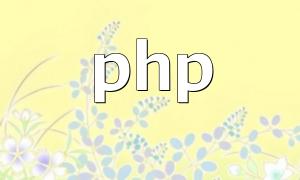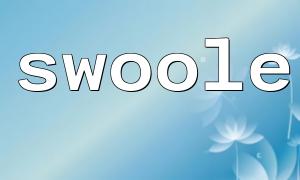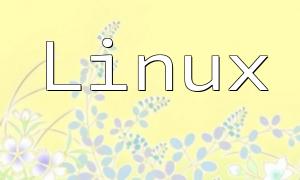In modern web development, JSON (JavaScript Object Notation) is widely used as a lightweight and easy-to-read data exchange format. PHP offers built-in functions that allow developers to parse and generate JSON data efficiently for better data management.
PHP uses the json_decode() function to convert JSON strings into PHP variables, typically as objects or arrays. Here's an example:
$json_data = '{"name": "John", "age": 30, "city": "New York"}';
$parsed_data = json_decode($json_data);
echo $parsed_data->name; // Outputs JohnJSON uses braces to denote an object structure. In the example above, the entire JSON string is wrapped in braces, indicating it is an object. Properties like "name", "age", and "city" can be accessed as object attributes, making it intuitive and convenient.
Once you understand JSON parsing, you can apply it in various scenarios. Here are some common examples:
Many external APIs return data in JSON format. By decoding these responses, you can dynamically retrieve and display content, for example:
$api_url = 'https://api.example.com/data';
$json_data = file_get_contents($api_url);
$parsed_data = json_decode($json_data);
foreach ($parsed_data->items as $item) {
echo $item->title . '';
}Storing data in JSON format simplifies saving and reading data. The json_encode() function in PHP converts arrays to JSON strings, which can be saved to files:
$data = array("name" => "Alice", "age" => 25);
$json_data = json_encode($data);
file_put_contents('data.json', $json_data);JSON's simplicity and compatibility make it an ideal format for data exchange between different systems. Most programming languages support JSON, ensuring seamless data transfer.
This article covered how to parse JSON braces in PHP and demonstrated practical uses. Mastering JSON structures and PHP functions can significantly improve data handling efficiency and project quality. Hopefully, these insights will assist you in your development work.









